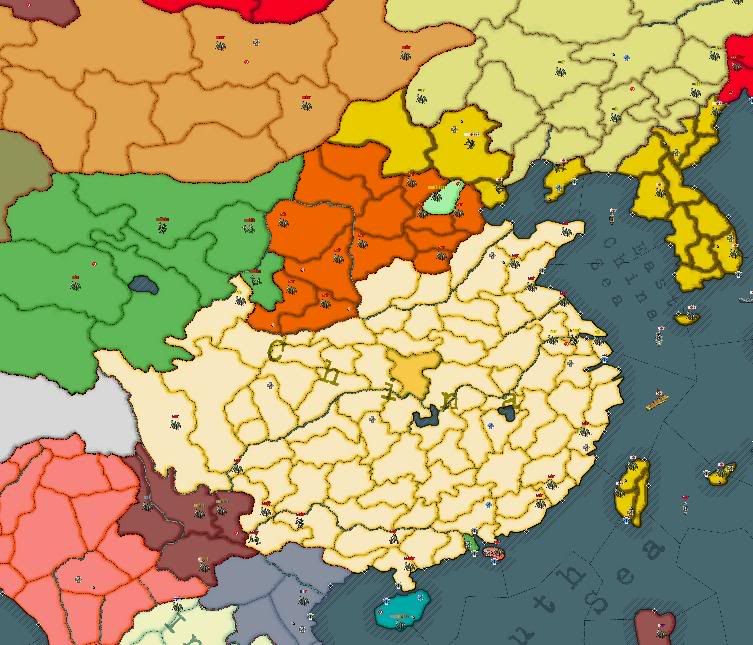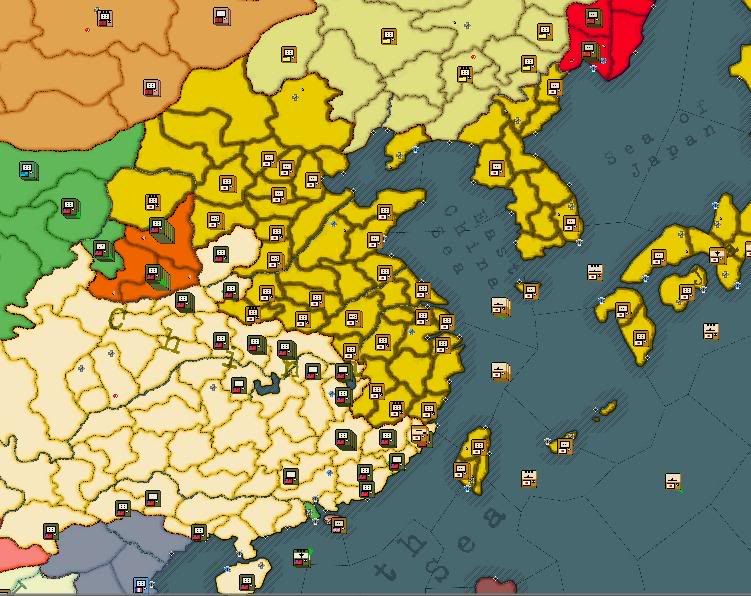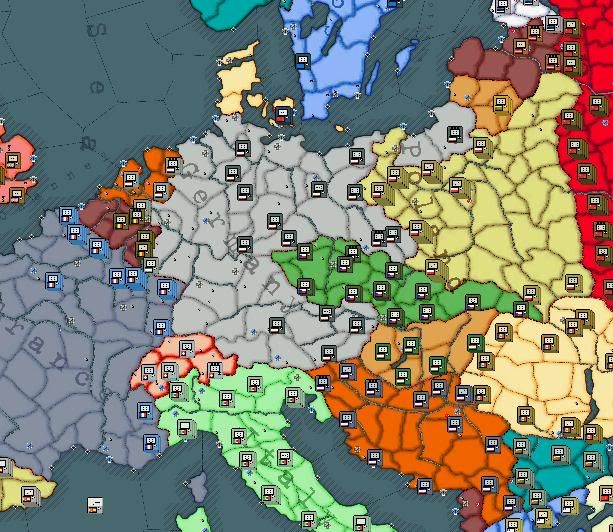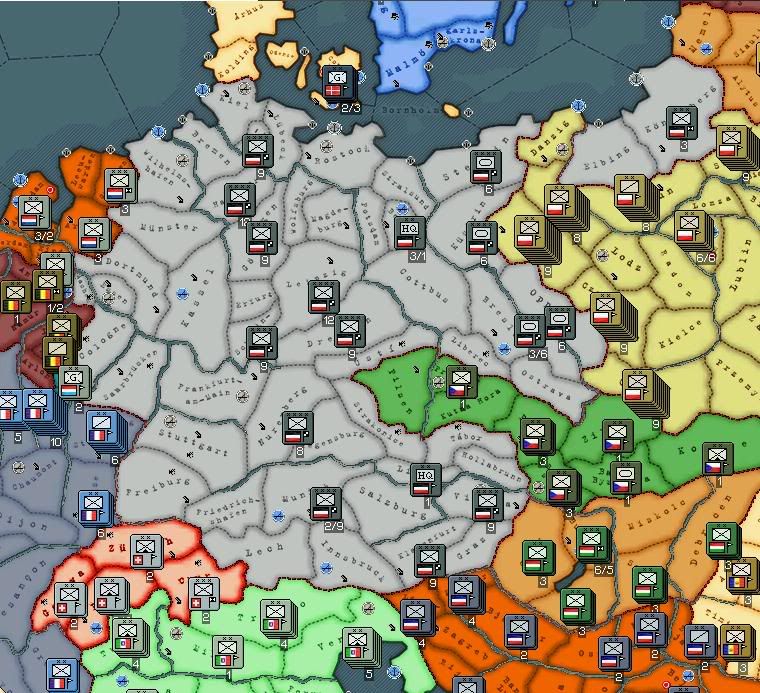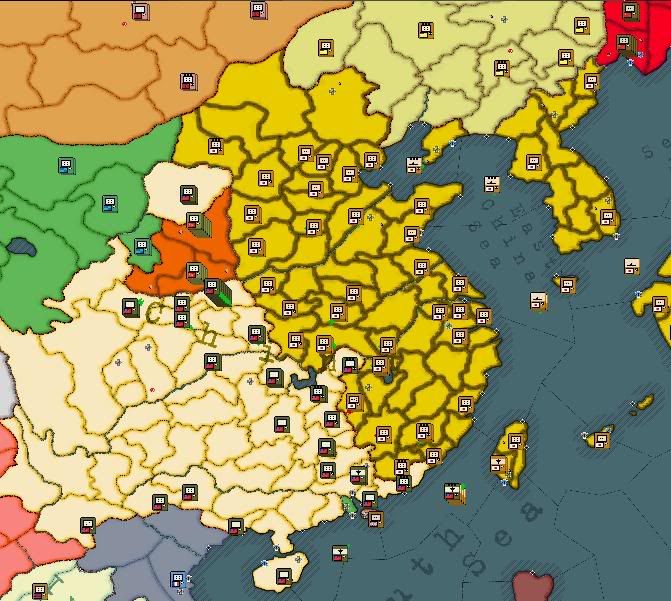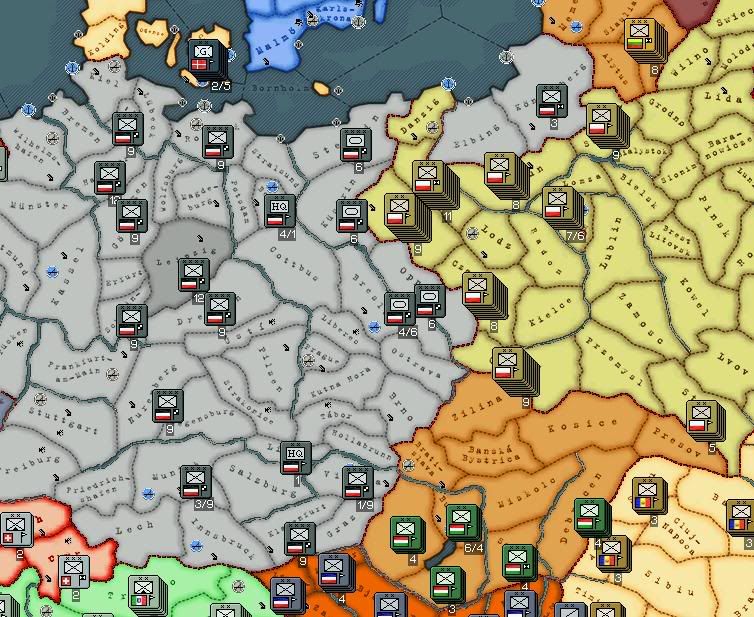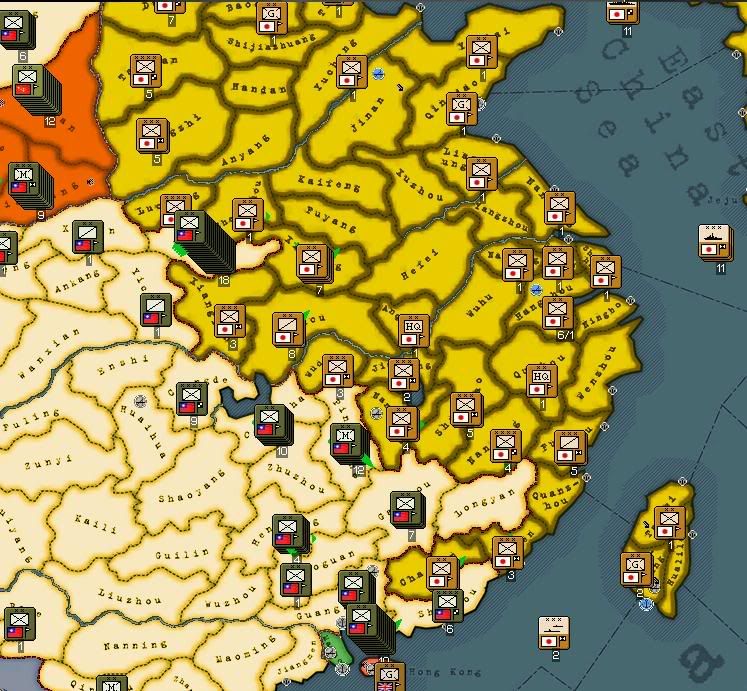Choosing Sides

Kurt Schuschnigg, Austrian Chancellor.
The Spanish Civil war proved to be a short affair, with the Republican government formally surrendering on January 1st, 1937. The Republic had little hope of gaining victory from the beginning of the civil war, as the Nationalists had taken Madrid and most of the other major cities, and were much more popular with the common people. The cutoff of German aid in September allowed a brief Republican advance to menace Madrid, but it would prove to be a last desperate attack, causing the Republic to exhaust it's limited reserves completely and leading to a quick collapse.
Germany was busy with other matters as well during the the Spanish Civil War, in particular seeking to build an alliance that could serve as a counter-weight to the powerful Franco-British alliance that currently dominated Europe. Austria was a logical first choice, with a population that had strong cultural ties to Germany, so strong in fact that many felt the two nations should be united. While Austrian Chancellor Kurt Schuschnigg was opposed to a political union, he was quite willing to form a close military alliance with Germany.

Miklós Horthy de Nagybánya, Regent of Hungary.
Hungary, Austria's partner in the recently deceased Austro-Hungarian Empire, was equally eager to seek an alliance with Germany. Like Austria they were favorably disposed towards an alliance with Germany due to the fact that the two Empires had been allied in the Great War. Hungary had also been greatly reduced from it's size under the Empire, and revanchist sentiment and a desire to restore what were seen as Hungary's rightful borders was also widespread.
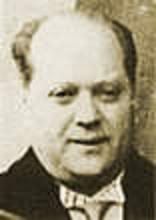
Georgi Kioseivanov, Prime Minister of Bulgaria.
Bulgaria's reason for aligning with Germany was much the same as Hungary's, the fact that the two had been allies in the Great War, and that Bulgaria also had territorial ambitions against all almost all of their neighbours.

Mustafa Kemal Atatürk, President of Turkey.
Turkey would complete the list of nations in the German alliance, and as Turkey was generally accepted as the successor to the Ottoman Empire would like all the other German allies be a member of the alliance from the Great War. While Turkey lacked the territorial ambitions of Hungary and Bulgaria, they were still quite worried by the presence of the Soviet Union on their border, and were still somewhat bitter towards Britain and France for the attempt to disassemble the Turkish state with the Treaty of Sevres.

Benito Amilcare Andrea Mussolini, Premier of Italy.
Mussolini's Italy and Franco's Spain would both maintain friendly relations with Germany, though they would not go so far as to join a formal military alliance. It is worth noting however that Italy and Spain did sign the anti-Commintern pact along with Germany's allies, and were generally considered to be in the German camp. Most likely Germany did not press the two states to conclude a military alliance due to their poor opinion of the Italian military, and Franco's burdens in repairing the damage of the Civil War.
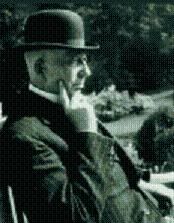
Hendrikus Colijn, Prime Minister of the Netherlands.
The last major diplomatic effort of Germany would be the conclusion of a nonaggression pact with the Netherlands. The pact was almost certainly motivated in part by Kaiser Wilhelm III's gratitude towards the Dutch for providing sanctuary for his exiled fimaly during the Weimar Republic. It was also seen as a move to confirm Dutch neutrality in the face of pressure from the Franco-British Alliance on both the Netherlands and Belgium to join.
The Allies would find themselves focusing much of their efforts not on trying sway new nations to their cause, but to maintaing those allies they had already gained. The Little Entente between Czechoslovakia, Romania, and Yugoslavia was showing serious signs of stress and a breakup of the three allies seemed eminent, and without those three nations the Allies would lack a Second Front on which to fight Germany. Poland had abandoned the Allies in 1934 to conclude a nonaggression pact with the Germans, Belgium had withdrawn from the Allies in 1936 in response to both Fracno-British passivity after the re-occupation of the Rhineland and the increasingly pro-German stance of many Flemings.


Bismarck class battleship and Heinkel He 111
1937 would remain a year of relative calm, but marked by major military buildups by many nations, especially the Germans. Throughout the Reich men were being conscripted into newly forming divisions, while factories would pour out tanks, guns, and airplanes, and in the shipyards of Kiel and Wilhelmhafen keels were laid down for cruisers, battleships, and all manner of support vessels.


